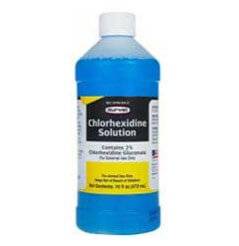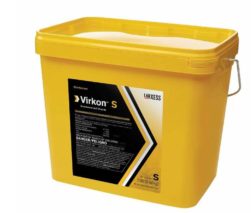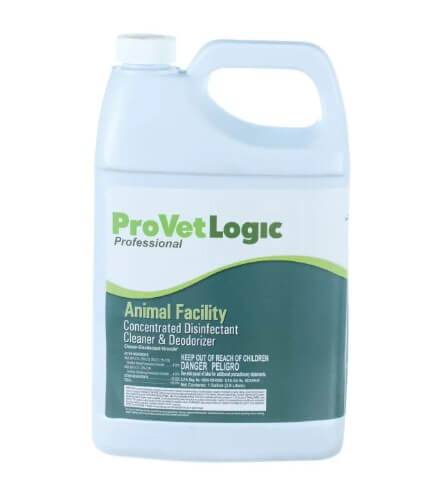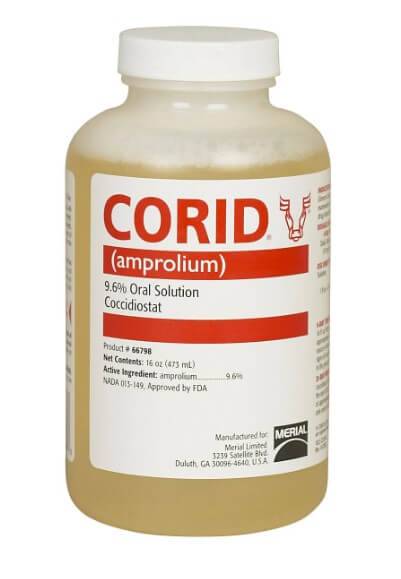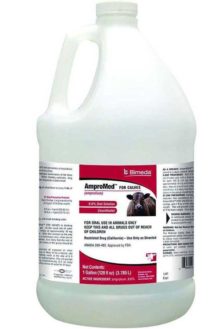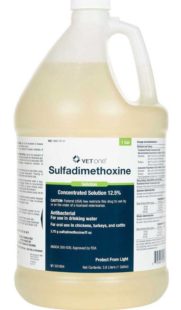
Sign Up
Want to receive a newsletter to learn more about KuneKune pigs and other educational information? Sign up to have them delivered right to your inbox.
We look forwarded to sending you some great info.
Learn about Coccidiosis
Coccidiosis in piglets
If you're a piglet farmer, it's important to understand coccidiosis and how to prevent and treat it. This guide provides all the information you need to know. Including links to where to purchase disinfectant needed to keep this under control and prevent it.
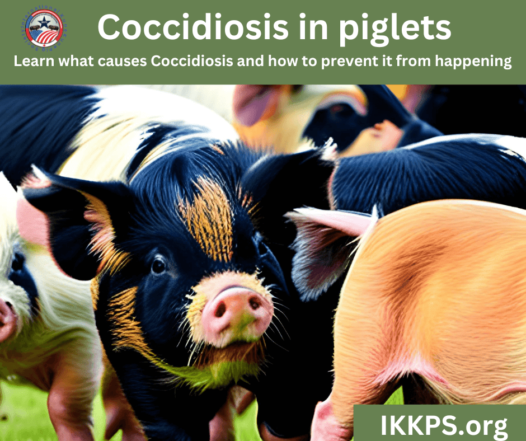
Coccidiosis is a common parasitic disease that affects piglets, causing diarrhea, weight loss, and even death in severe cases. As a piglet farmer, it's crucial to understand the causes, symptoms, and treatment options for coccidiosis to prevent outbreaks and keep your herd healthy. This guide will provide you with all the information you need to know about coccidiosis in piglets.
What is coccidiosis and how is it caused?
Coccidiosis is a parasitic disease caused by the protozoan parasite, Eimeria spp. It is commonly found in piglet farms and can be spread through contaminated feed, water, or bedding. Piglets can also become infected by ingesting oocysts shed by infected piglets. Once inside the piglet's intestine, the parasite multiplies and damages the intestinal lining, leading to diarrhea, weight loss, failure to thrive, and other symptoms.
What are the symptoms of coccidiosis in piglets?
The symptoms of coccidiosis in piglets can vary depending on the severity of the infection. Common symptoms include diarrhea, which may be bloody, weight loss, decreased appetite, dehydration, and lethargy. In severe cases, piglets may also experience anemia, pale gums, and even death. It's important to monitor your piglets closely for any signs of illness and seek veterinary care if you suspect coccidiosis.
Usually, the first sign will be white to yellowish diarrhea. This can happen in just 1-2 piglets within the litter or the whole litter. However, it is best to treat the whole litter when this happens.
How can coccidiosis be prevented in piglet farming?
Coccidiosis can be prevented in piglet farming through good management practices and proper sanitation. This includes keeping the piglet pens clean and dry, providing clean water and feed, and avoiding overcrowding. It's also important to practice biosecurity measures, such as limiting visitors and disinfecting equipment, to prevent the spread of the disease.
Additionally, there are medications available that can help prevent and treat coccidiosis in piglets. Consult with a veterinarian to determine the best prevention and treatment plan for your piglet farm.
Disinfecting the farrowing quarters
It is especially important when you clean the farrowing quarters to disinfect it as well. Some good disinfectants are readily available to the public. Do your homework and make sure to leave time for this to completely dry before allowing pigs or piglets back into the area.
If possible, rotate the use of your farrowing quarters in between farrowing. Allowing the area to "rest" can also aid in prevention.
Some popular Disinfectants
What are the treatment options for coccidiosis in piglets?
Treatment options for coccidiosis in piglets include medications such as sulfa drugs, amprolium, and decoquine. Corid is a frequently used medication and is easily available at most Tractor Supplies.
There are many different medications available for use.
Disclaimer: Please ensure you check with your vet or experienced breeder prior to trying any of these products.
These medications work by killing the coccidia parasites in the piglet's intestines. It's important to follow the dosage instructions carefully and to continue treatment for the recommended length of time to ensure that all the parasites are eliminated. In severe cases, supportive care such as fluid therapy and nutritional support may also be necessary. As always, consult with a veterinarian for the best treatment plan for your piglets.
How can you monitor and manage coccidiosis in your piglet herd?
Monitoring and managing coccidiosis in your piglet herd involves several steps. First, it's important to maintain good hygiene and sanitation practices in your piglet housing and feeding areas. This includes regularly cleaning and disinfecting surfaces, as well as providing clean water and food. Additionally, it's important to monitor your piglets for signs of coccidiosis, such as diarrhea, weight loss, and decreased appetite. If you suspect coccidiosis, consult with a veterinarian for diagnosis and treatment options. Finally, consider implementing a coccidiosis prevention program to help reduce the risk of infection in your herd.
According to Iowa State University, “On farms known to be affected by coccidiosis, routine treatment of all piglets with toltrazuril* early on will minimize the incidence and severity of coccidiosis. There is no proven, widely accepted anticoccidial or drug for use in dams that are effective at controlling the disease in neonates.”
Please be sure to check with your vet before beginning any treatment or preventative measures.
Additional Research:
Registry Office
17500 Hamilton Arms Court Dewitt, VA 23840
